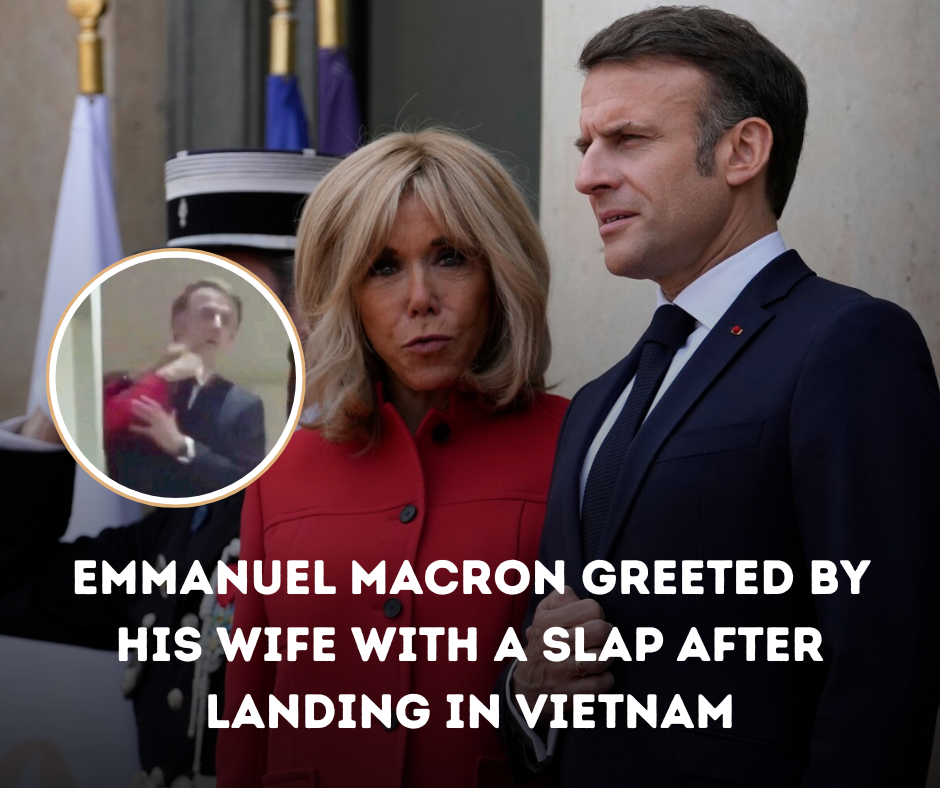In a world where airlines are constantly looking for ways to cut costs and squeeze in more passengers, the latest idea making headlines is “standing seats” on planes. Yes, you read that right — standing, or “vertical seating,” where passengers perch on saddle-like seats with minimal legroom and little to no recline.
While this concept might appeal to budget airlines hoping to boost profits, it raises serious concerns — especially for older travelers who value comfort, health, and dignity when flying.
Let’s be honest: air travel isn’t exactly comfortable as it is. The average airplane seat has shrunk over the years, leaving little room to move, stretch, or relax. For those of us 55 and older, this isn’t just uncomfortable — it can be dangerous. Long periods of immobility increase the risk of deep vein thrombosis (DVT), joint pain, and circulatory issues. Standing seats would only make this worse.
These seats also offer very little support for the back, knees, or hips — three areas that are already sensitive for many seniors. Imagine trying to endure a two- or three-hour flight with almost no padding, no leg movement, and the pressure of standing most of the time. It’s not just uncomfortable — it’s borderline inhumane.
And let’s not forget the boarding process. Airports are chaotic enough, and for those who rely on assistance, need extra time, or travel with medical devices, the idea of squeezing into an upright perch with little support is not just unrealistic — it’s insulting.
Here’s the bottom line: Standing seats might save airlines a few dollars, but they put our health and safety at risk. For older adults, the flying experience should be getting better — not worse. We deserve comfortable, respectful seating, not a cattle car in the sky.
Let’s speak up now before these so-called “seats” become the new normal. Seniors matter — and our comfort, safety, and dignity should never be up for debate at 30,000 feet.
What do you think about the idea of standing seats? Would you fly in one? Let’s hear your thoughts









